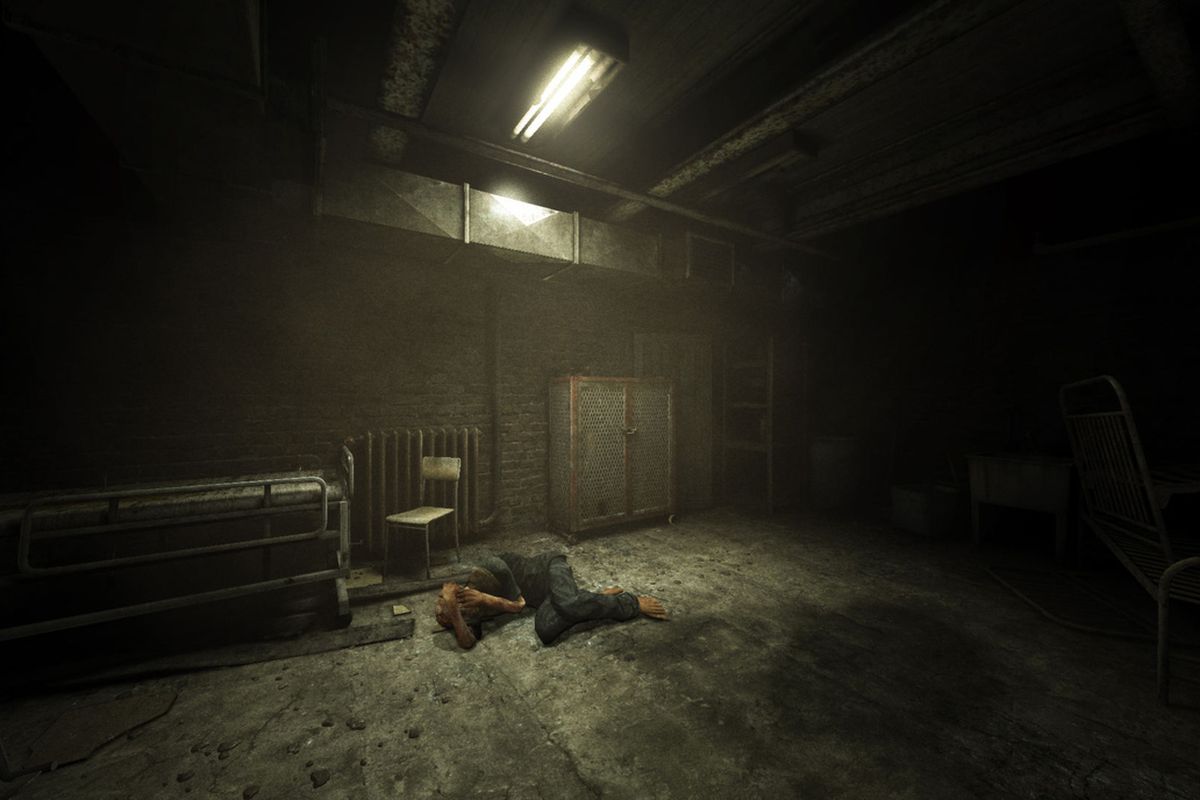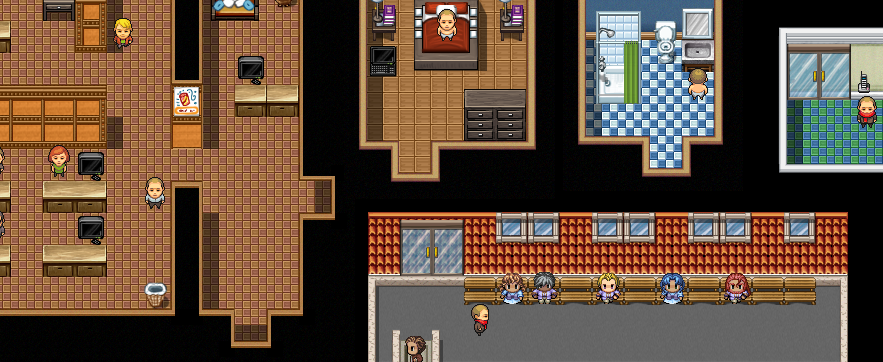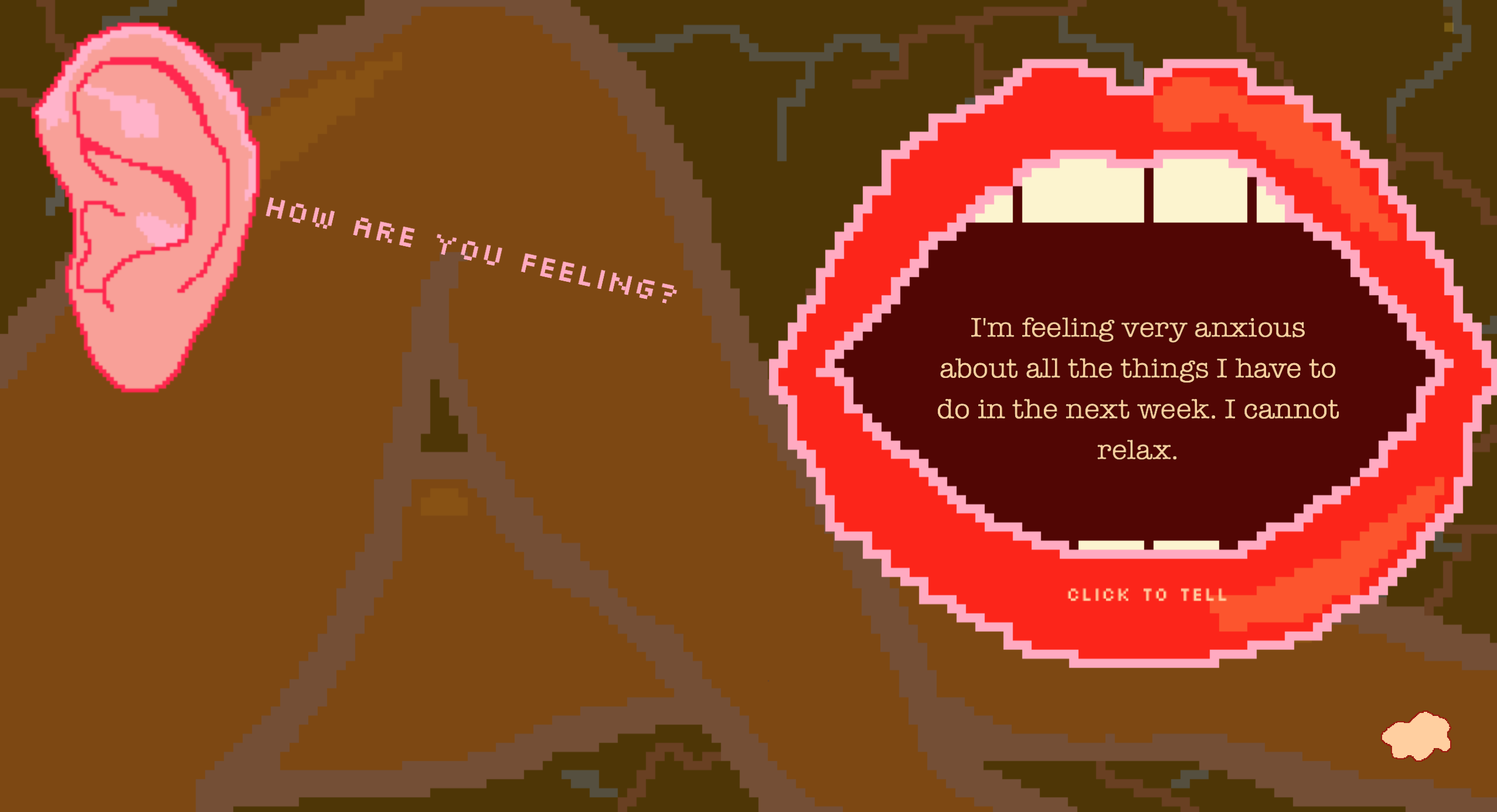
Gaming’s favorite villain is mental illness, and this needs to stop
“Representation is the key to kickstarting discussion, and video games have taken a woefully one-dimensional approach in the mental health conversation. While there’s no shortage of mental health-related content in today’s games, it falls into one of two specific camps, neither of which confront the complex and nuanced issues with the empathy and consideration they deserve.” – Patrick Lindsey




